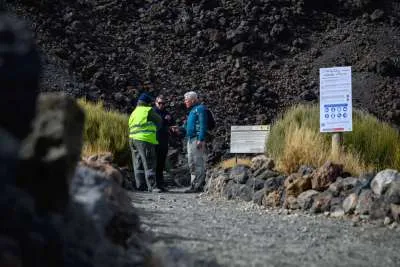Increased €150 annual rubbish collection fee for households is met with disdain
- 05-04-2025
- Gran Canaria
- Canarian Weekly
- Photo Credit: Tiempo de Canarias
The Las Palmas Council has officially approved a new household rubbish collection fee, which will average €150 per family per year. The initiative, intended to modernise waste services and encourage more sustainable practices, has sparked debate among residents and political parties alike.
Set to come into effect in January 2026, the new ordinance introduces a dual-tier system: a base charge of €108.45, and an additional fee of €40.88 calculated based on the volume of rubbish each household generates. In total, the average annual fee amounts to €149.33.
The Council has included social measures to ease the burden on vulnerable households. Large families are eligible for a 50% discount, while cetain large families can receive up to 75%. Those facing social exclusion may be granted a full exemption, subject to assessment.
Francisco Hernández Spínola, the councillor responsible for public services, defended the measure as a way to align local waste policy with both national and European Union directives. “This is about applying the ‘polluter pays’ principle,” he explained, adding that the system will promote waste separation at source, reduce environmental impact, and make waste management more efficient through technological upgrades.
The ordinance also introduces incentives to reward positive environmental behaviours. Households that actively separate organic waste or demonstrate consistent recycling practices will be eligible for reductions. Businesses, particularly those in food distribution that collaborate with charitable organisations, may also benefit from specific bonuses.
However, the measure passed by a narrow margin, 15 votes in favour and 13 against, has been met with criticism from several opposition parties.
Diego López-Galán of the People’s Party (PP) voiced concerns over the timing and structure of the fee. “Families are already struggling with rising costs,” he said. “This fee is another financial burden, and the sudden implementation doesn't give people time to prepare.”
Despite these objections, officials maintain that the fee is essential for modernising waste services, improving sustainability, and meeting European compliance requirements. The local government is also exploring further tools to ensure the new system is flexible and transparent, with an emphasis on public education and community engagement.



























































